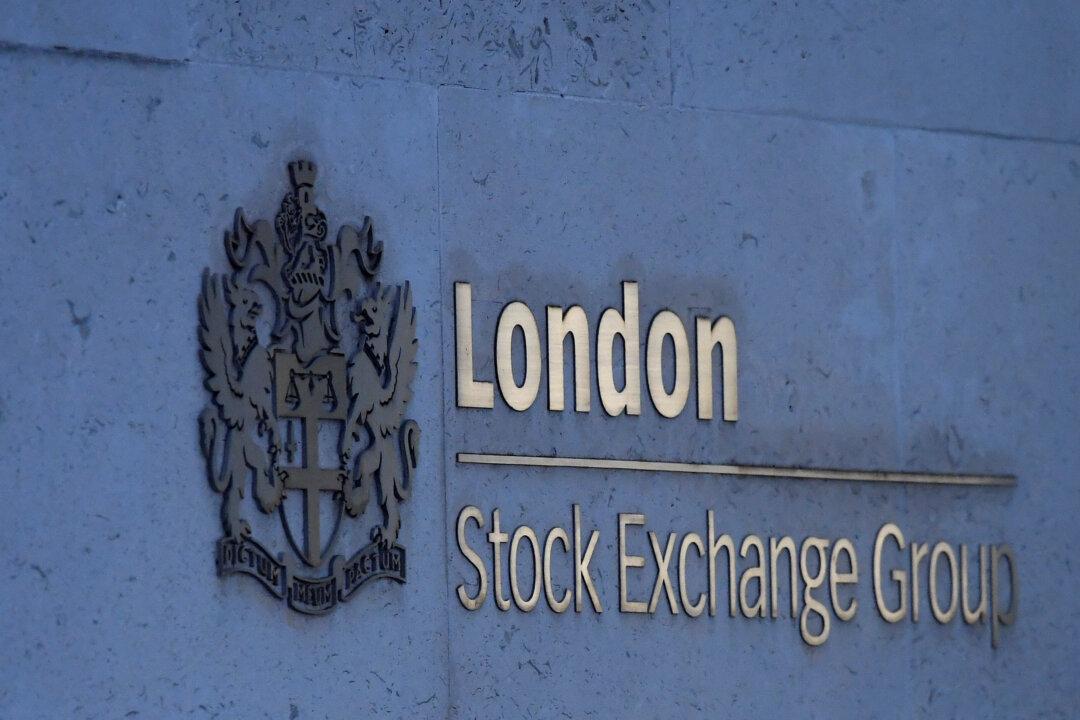LONDON—Global stocks rose on Tuesday, while commodities such as oil and gold edged up on the back of a weaker dollar ahead of U.S. inflation figures that could set the tone for trading in a week filled with central bank meetings.
The U.S. Federal Reserve is widely expected to hold rates on Wednesday, with the spotlight squarely on comments from Chair Jerome Powell during his news conference, as well as the central bank’s economic projections.





